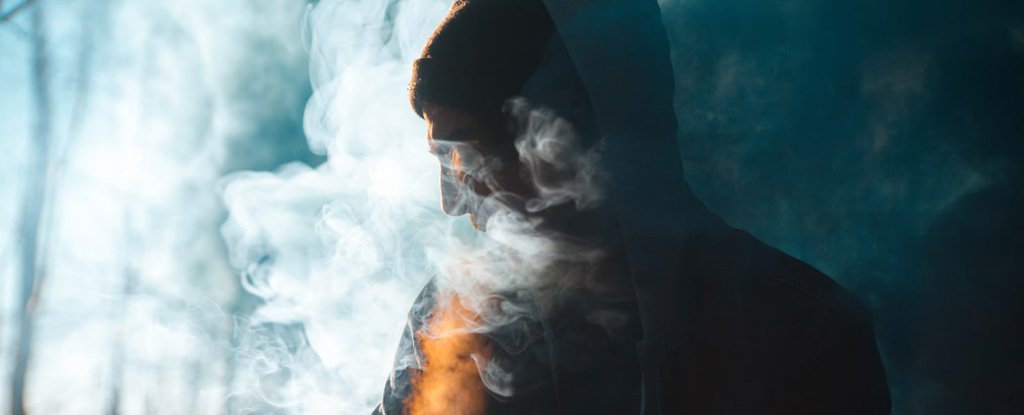
It's important for most of us to get at least eight hours of sleep a night to not feel like a zombie at work the next day. Some people use cannabis as a sleep aid, while others use caffeine to stay alert.
A large-scale study on the effects of cannabis on sleep duration and quality has called into question the drug's reputation as a beneficial pre-slumber choice.
The data on cannabis use and sleep duration for 21,729 adults was obtained from the US National Health and Nutrition Examination Survey.
The researchers at the University of Toronto wanted to determine the relationship between recent cannabis use and sleep duration in a sample from the US. The participants were required to report their age range, race, sex, education, average hours worked per week, and other health-related variables.
Short sleep was defined as less than 6 hours, and long sleep was defined as more than 9 hours on average weeknights or work nights.
Sleep quality measures were part of the survey, with questions relating to difficulty falling asleep, ability to stay asleep, sleeping too much in the past two weeks, and whether participants had consulted a physician about sleeping issues.
The total number of people who used cannabis in the past 30 days was more than three thousand. Moderate use was less than 20 times, and heavy use was more than 20 times, when you consider how much they'd smoked in the last 30 days.
The cannabis users were more likely to report sleeping less than 6 hours per night when compared to non- users, as well as being more likely to report sleeping more than 9 hours when compared to non- users.
Recent cannabis users were more likely to report having trouble falling asleep, staying asleep, and sleeping too much in the past two weeks. Cannabis exposure was not associated with daytime sleepiness.
Heavy users were at the greatest risk of both extremes of nightly sleep duration compared with non- users.
We can only theorize about the effects of repeated cannabis exposure alone or a reflection of other underlying sociodemographic or health factors.
Some studies have shown that cannabis can help with sleep, with some showing that it can increase sleep time, and others showing that it can cause less sleep disruption.
Despite insomnia being one of the most cited reasons for self-medication with cannabis or cannabinoids, the evidence base is inconsistent and of poor quality according to a recent systematic review.
The researchers wanted to see if there was an association between sleep problems and cannabis use, especially now that it's more widely available. They think that with repeated use, the body can become more used to the drug, which can increase sleep disruption.
The researchers warn that we don't know much about how cannabis affects sleep.
A better understanding of the endocannabinoid-mediated effects on sleep can inform the development of clinical guidelines to target improved long term health outcomes.
In the US, sleep deprivation has become a major public health concern, with only two-thirds of the population meeting the 7-9 hours of sleep per night recommendation.
More widespread legalization and decriminalization of cannabis in the US and Canada has led to a large number of users, with 45 million reported users in 2019.
Lack of sleep in the modern world is a growing public health issue and can be a risk factor for starting cannabis use.
"This can perpetuate cycles of increased cannabis use, progressive sleep disturbances, and acute cessation leading to withdrawal which may add further negative effects to sleep architecture and quality."
The journal Regional Anesthesia & Pain Medicine published the study.
